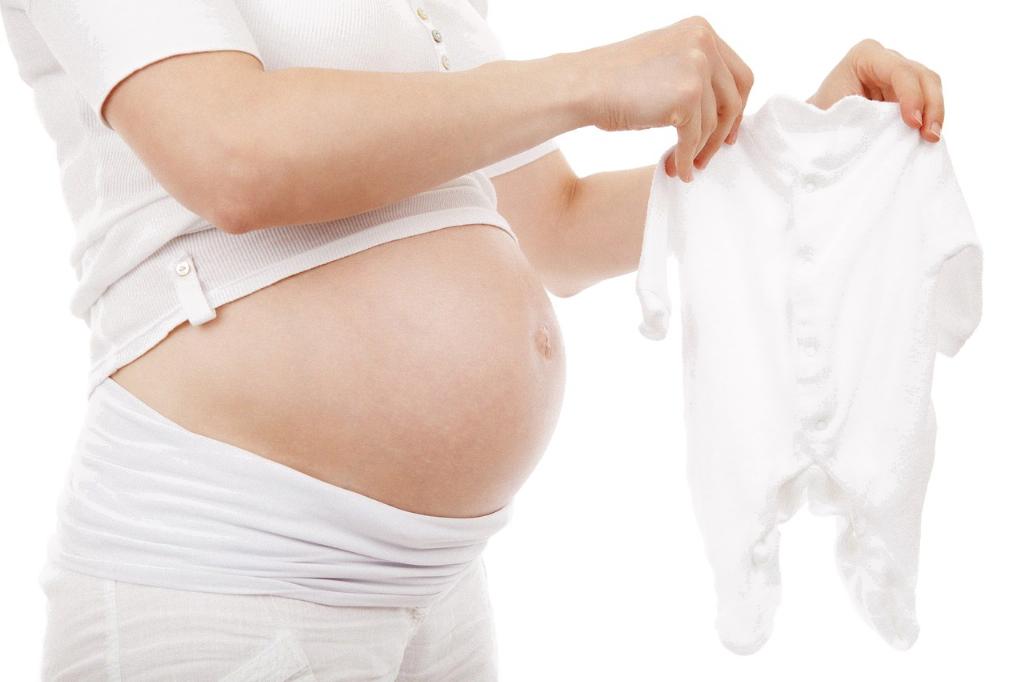Knowing what week you are in pregnancy is crucial for monitoring the development of your baby and keeping track of your own health. Pregnancy is typically measured in weeks, and it can sometimes be confusing to determine exactly what week you are in. Let’s break it down:
Calculating Pregnancy Weeks
Pregnancy weeks are counted from the first day of your last menstrual period, not from the actual date of conception. This means that the first two weeks of the pregnancy are counted before you are actually pregnant. This method is used because it is often difficult to pinpoint the exact date of conception, but most women know the first day of their last period.
Week 1
During the first week of your pregnancy, you are not technically pregnant yet. This is because your body is preparing for ovulation, which is the process of releasing an egg from one of your ovaries. This preparation is necessary for conception to occur.
Week 2
Week 2 is still considered part of the pre-pregnancy phase. Even though you have not conceived yet, this week is included in the calculation of your pregnancy weeks. Your body continues to prepare for ovulation, getting ready for the moment when conception can take place.
Week 3 and Onwards
Once you reach Week 3, conception typically occurs. This is the point when the sperm fertilizes the egg, leading to the formation of a zygote. From this moment on, the zygote begins to divide and grow, eventually developing into an embryo and later a fetus.
Ultrasound Dating
While calculating pregnancy weeks from the last menstrual period is the most common method, ultrasounds can also be used to determine the gestational age of the baby. This may be particularly helpful if there is uncertainty about the date of the last period or in cases of irregular menstrual cycles.
Trimesters
Pregnancy is often divided into three trimesters, each lasting approximately three months. The first trimester includes the first 12 weeks, the second trimester spans from weeks 13 to 26, and the third trimester covers weeks 27 to 40.
Tracking Your Pregnancy
Keeping track of your pregnancy weeks is essential for monitoring your baby’s growth and development. It also helps healthcare providers assess your health and make any necessary interventions or recommendations based on the stage of your pregnancy.
Importance of Prenatal Care
Regular prenatal care is crucial throughout your pregnancy to ensure both your well-being and that of your baby. Healthcare providers will monitor your progress, conduct screenings, and provide guidance on nutrition, exercise, and overall prenatal health.
Changes in Your Body
As your pregnancy progresses, you will experience various physical and emotional changes. Your body will adapt to accommodate the growing baby, and you may notice symptoms such as nausea, fatigue, and mood swings. These changes are normal but should be discussed with your healthcare provider.
Preparation for Parenthood
Knowing what week you are in pregnancy allows you to prepare for the arrival of your baby. Use this time to educate yourself about childbirth, newborn care, and parenting. Consider attending prenatal classes and creating a birth plan to ensure a smooth transition into parenthood.
Enjoying the Journey
Pregnancy is a unique and transformative experience. Embrace each week of your pregnancy with curiosity and excitement. Take time to bond with your growing baby, practice self-care, and cherish the anticipation of meeting your little one for the first time. Enjoy the journey!

